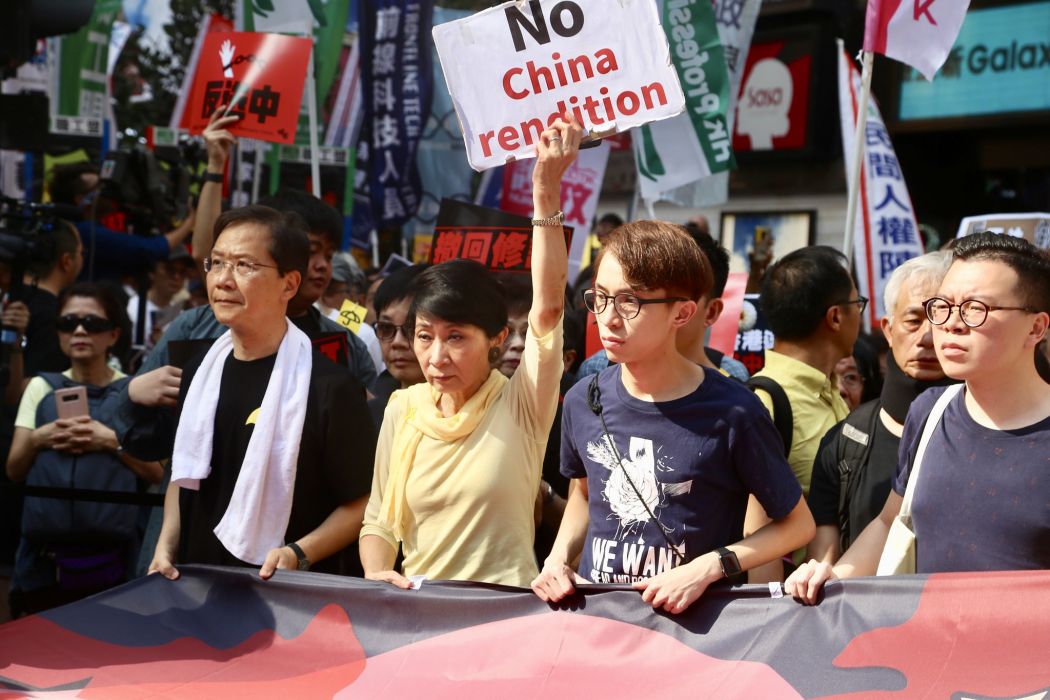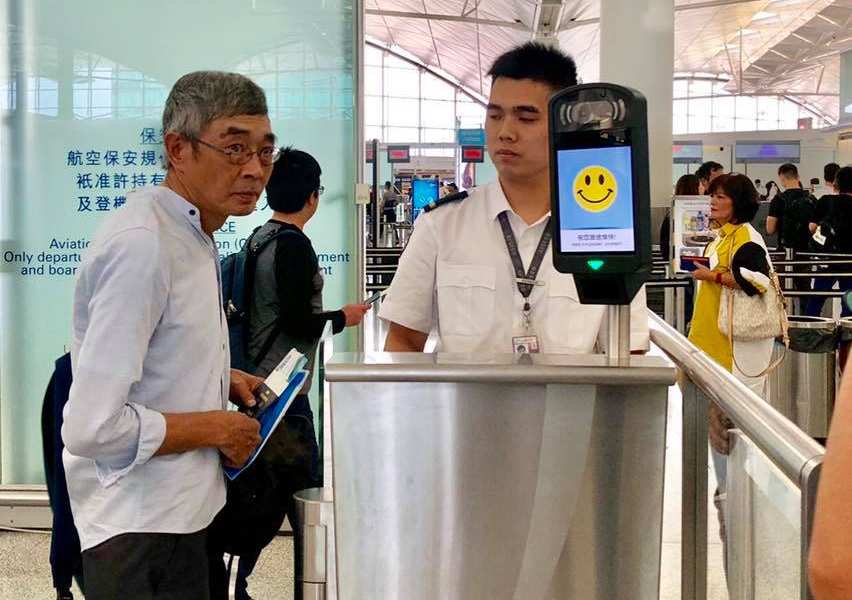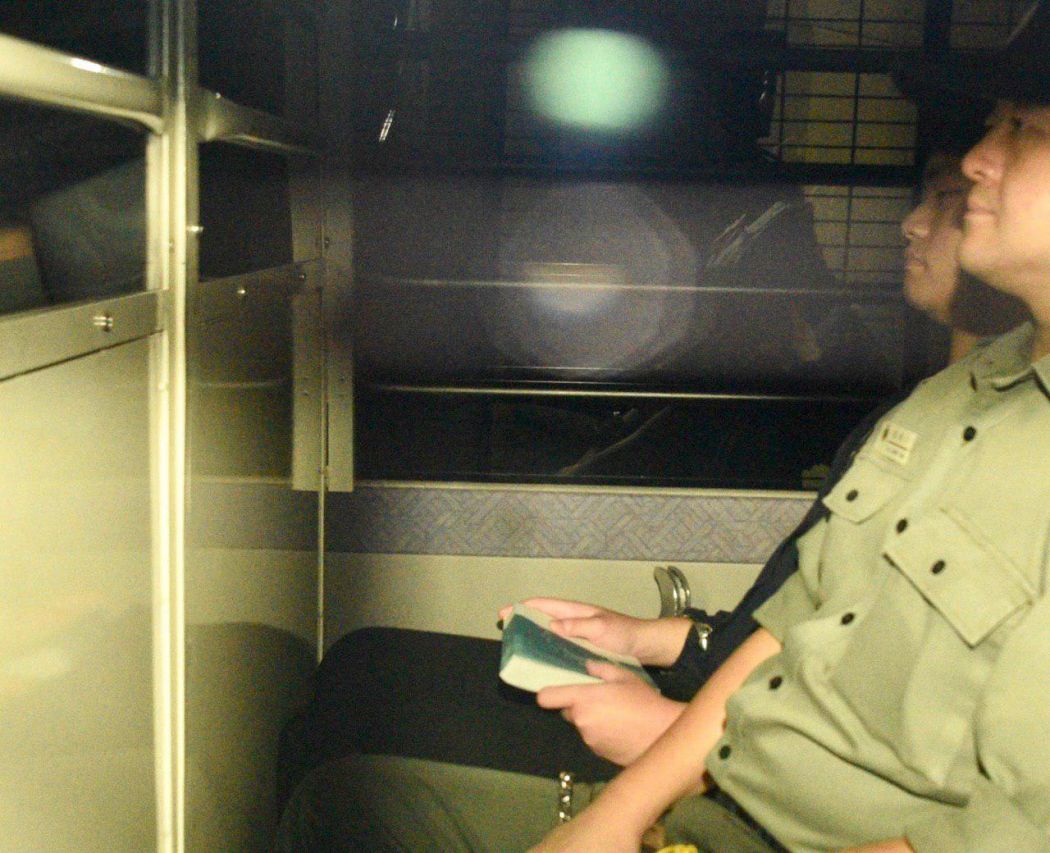So far the only thing remotely good about the Hong Kong government’s proposed amendment to the city’s fugitive law is that it has made billionaire Joseph Lau Luen-hung, a convicted criminal in Macau on charges of bribery and money laundering, start to huff, puff and squirm from the pampered luxury of his Hong Kong abode.
If the amendment is eventually passed by the Legislative Council (Legco) — which seems inevitable since, thanks to various disqualifications and ousters of pan-democratic politicians, our mini-parliament is now dominated by pro-government loyalists — then the 67-year-old tycoon could be extradited to Macau to begin his prison term, handed down in March of 2014, of five years and three months.

That would be justice. But just about everything else about this proposal — which would allow extradition on a case-by-case basis to any jurisdiction with which Hong Kong does not already have a treaty, including Macau, China and Taiwan — is, at best, unsettling and, at worst, downright frightening.
Lam Wing-kee, one of five Hong Kong booksellers detained on the mainland for selling books unfriendly to President Xi Jinping and other central government authorities, certainly saw the writing on the wall.
As of two weeks ago, Lam, who defied Beijing’s security apparatus in 2016 by spilling the beans on his eight harrowing months in captivity in the eastern Chinese city of Ningbo once he had returned to Hong Kong, is living in Taiwan. He reportedly plans to open a book shop there.
He fears that, under the proposed amendment, he could be extradited from Hong Kong to the mainland, where he stands accused of illegal operations and jumping bail, and wind up (like his Causeway Bay Books counterpart, Gui Minhai, who went missing in Thailand in October of 2015) making forced videotaped confessions and rotting in jail.

If you believe Chief Executive Carrie Lam Cheng Yuet-ngor and her minions, the bookseller’s new home, Taiwan – regarded as a renegade province by Beijing – would be the most immediate beneficiary of her government’s proposal.
It is the gruesome case of a 20-year-old Hong Kong man, Chan Tong-kai, who has admitted murdering his pregnant girlfriend last year in Taiwan before returning to Hong Kong, that the Lam administration cites as the catalyst for changing the law.
Funny, then, how the Taiwanese official in charge of Hong Kong and Macau affairs for the Mainland Affairs Council, Huang Ting-hui, bluntly dismissed the proposal as a threat to “national sovereignty”, that could see Taiwanese citizens living in or visiting Hong Kong extradited to China for trumped-up criminal offences.
Funny, too, how the Hong Kong Bar Association denounced the bill for offering insufficient protection for anyone facing a different legal system outside of Hong Kong, and the American Chamber of Commerce, along with other business leaders, has also raised alarms about the bill, even after the government watered it down by eliminating nine economic crimes from the list of extraditable offences.

Moreover, the proposal has sparked an international chorus of disapproval that includes the European Union, the British and American governments and a host of human rights groups such as Human Rights Watch and Amnesty International.
Hong Kong’s last colonial governor, Chris Patten, blasted the bill as “an assault on Hong Kong’s values, stability and security” that would endanger the ‘one country, two systems’ principle, agreed to at the 1997 handover from British to Chinese sovereignty.
And, if all this condemnation from abroad wasn’t enough to prompt a government rethink, tens of thousands of Hongkongers hit the streets to protest against the bill last Sunday.
Despite this mounting opposition, however, the Lam administration has only hardened its defence of the proposal.

Government officials point to the urgency and horrific nature of the Taiwan murder case to justify their arguments for speedy passage of the amendment to what is formally known as the Fugitive Offenders Ordinance and the Mutual Legal Assistance in Criminal Matters Ordinance.
And they decry the repeated filibustering tactics of Legco pan-dems to delay that passage as pro-government lawmakers work toward unseating the man presiding over the bills committee, James To Kun-sun, a veteran Democratic Party member who has so far succeeded in keeping the amendment from consideration.
Last month, in Hong Kong’s High Court, the Shenzhen-born Chan admitted to killing his girlfriend, Poon Hiu-wing, 20, after learning she had been impregnated by another man. He then stuffed her body in a suitcase, which he hid in some bushes near a Taipei Metro station.
Chan has been in police custody since March 13, 2018, on charges of money laundering that arose from his theft of Poon’s possessions, which included her ATM card, a digital camera and iPhone 6 as well as 20,000 New Taiwan dollars (HK$5,074.50) and HK$19,200 in cash.
Chan pleaded guilty to four charges on December 31, 2018, and was sentenced on Monday to 29 months in prison. This will include the 13 months he has already been in custody. With good behaviour, he could be released as early as October.

So, the argument goes, if the pan-dems continue their filibustering and the bill does not pass in time, Chan could be released from prison and flee Hong Kong to avoid extradition on the murder charge.
While this is theoretically possible, it’s not clear where Chan might flee to, how he might finance his escape or what country would accept him given the nature of his case.
It’s also not clear—and never has been—why an amended extradition bill prompted by a murder case in Taiwan must also include China, whose corrupt and opaque legal system has always been anathema to the people of this city.
Unless, of course, pro-democracy lawmaker Claudia Mo Man-ching is right when she calls the bill a “Trojan horse” that will bring the legal outrages of the mainland across the border to Hong Kong.
Kong Tsung-gan‘s new collection of essays – narrative, journalistic, documentary, analytical, polemical, and philosophical – trace the fast-paced, often bewildering developments in Hong Kong since the 2014 Umbrella Movement. As Long As There Is Resistance, There Is Hope is available exclusively through HKFP with a min. HK$200 donation. Thanks to the kindness of the author, 100 per cent of your payment will go to HKFP’s critical 2019 #PressForFreedom Funding Drive.

